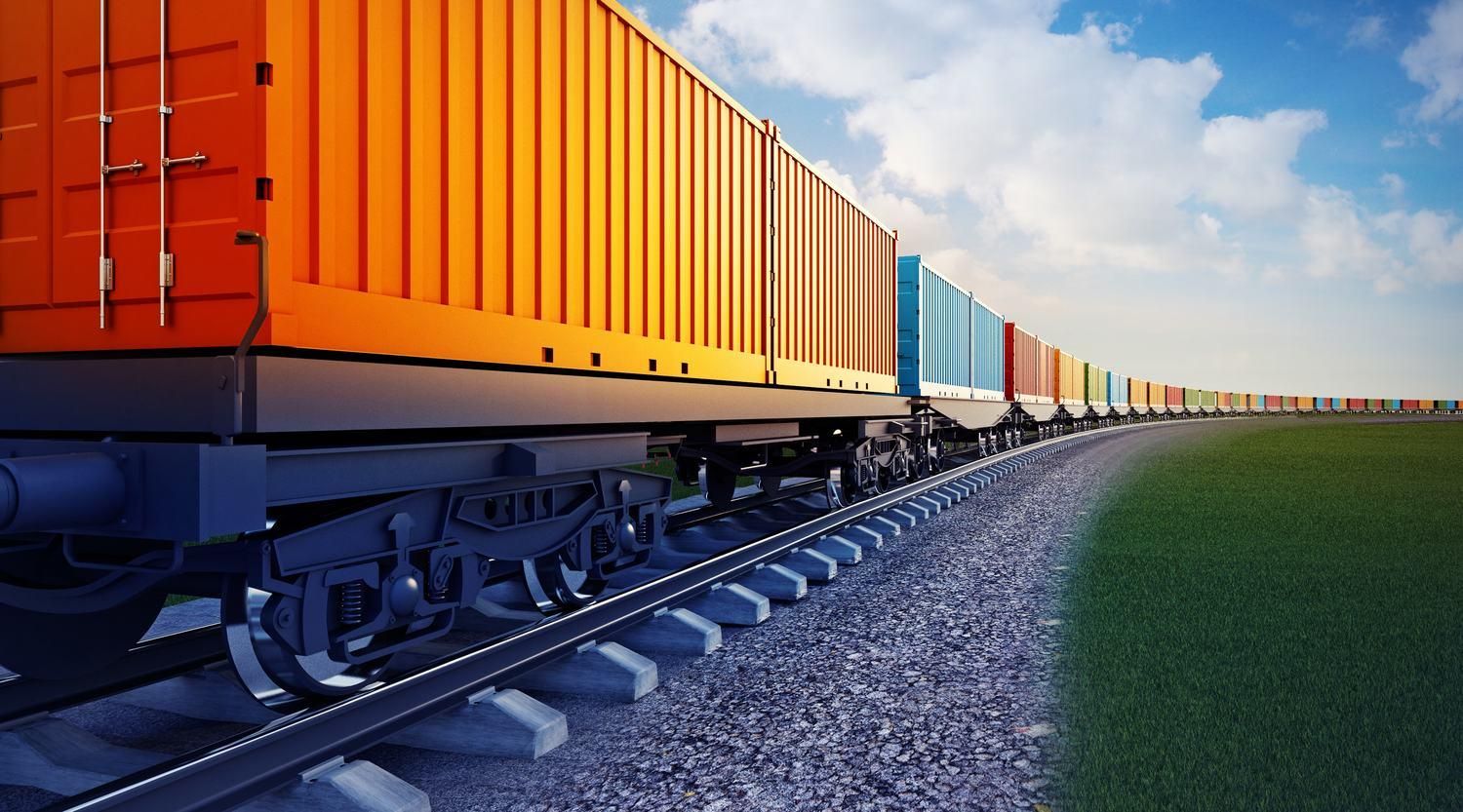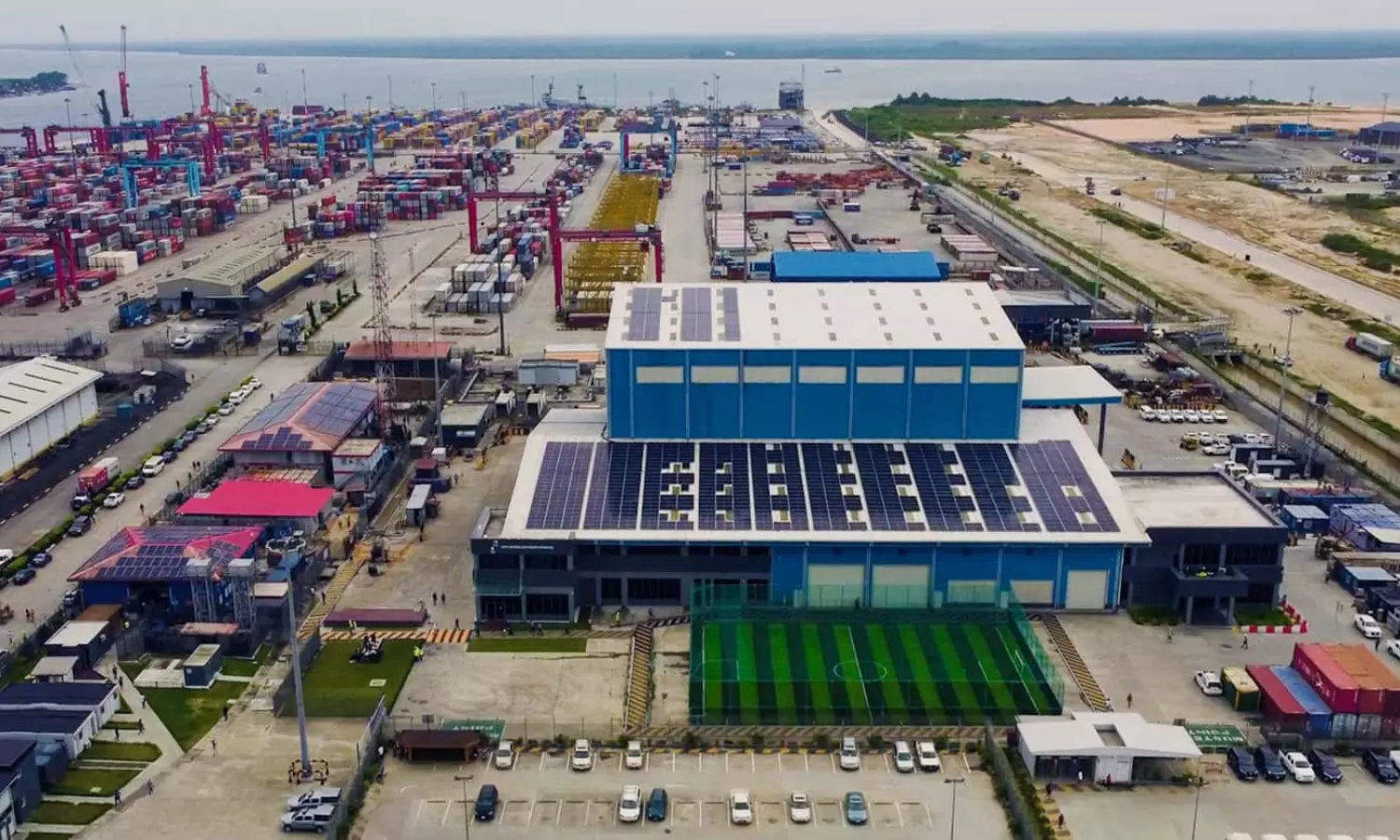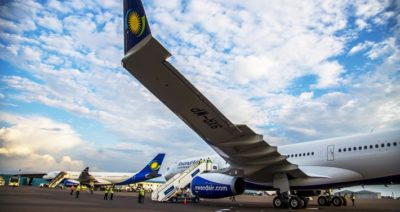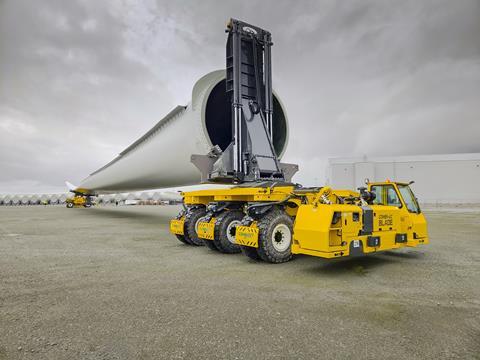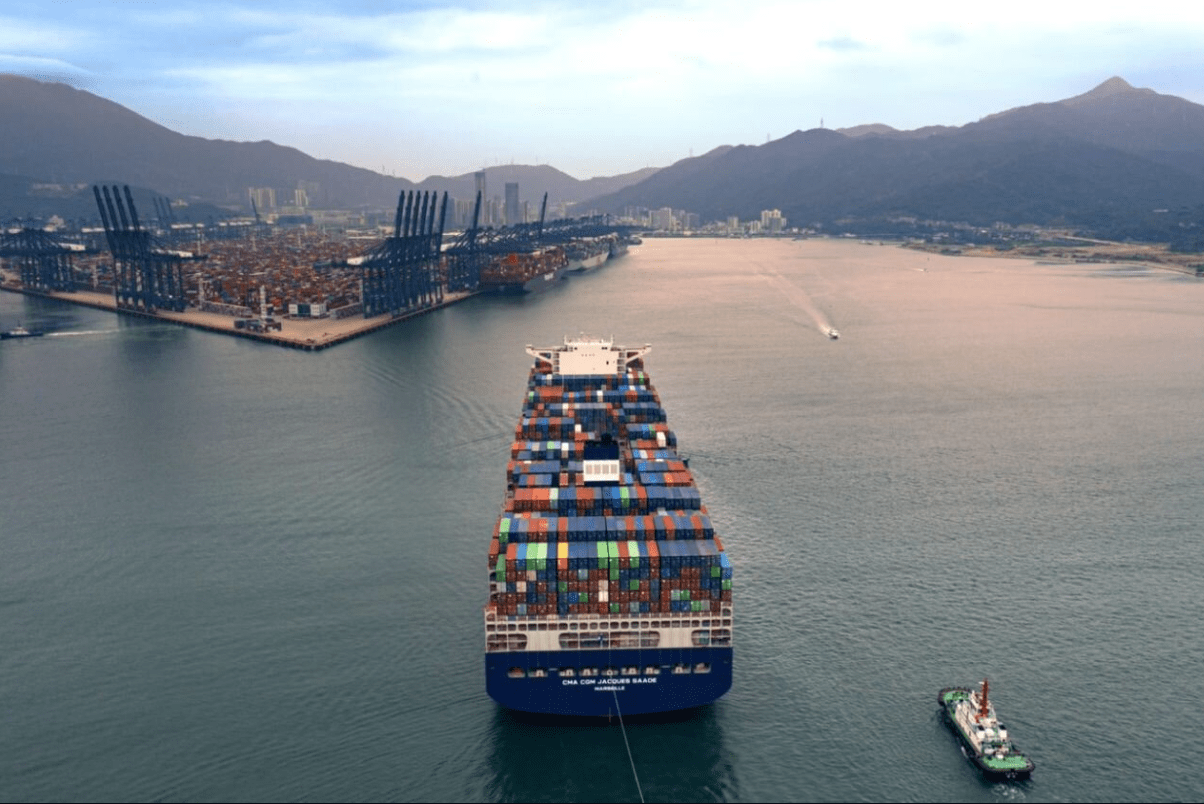Logistic

Cargo movement report highlights record throughput despite ongoing challenges
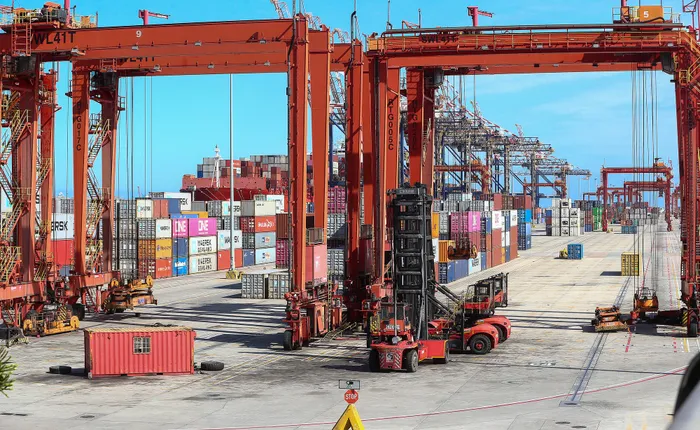
The latest cargo movement report released by the South African Association of Freight Forwarders (SAAFF) and Business Unity South Africa (BUSA) for the week ending 7 September reveals a significant surge in cargo handling across the nation's ports and transport networks.
This increase comes amid ongoing operational challenges that have raised concerns among industry stakeholders regarding the fluidity of cargo movements.
According to the report, South African container terminals recorded an average handling of 14 727 Twenty-foot Equivalent Units (TEUs) daily, surpassing the previous record of 14 487 TEUs set in the week ending 20 July by 1.7%. This represents a notable week-on-week increase from 13 842 TEUs.
However, despite the record throughput, several operational issues hampered efficiency, including adverse weather, equipment breakdowns, and vacant berths.
Cape Town experienced reduced operational hours due to strong winds and disruptions, while Durban faced challenges from equipment failures and congestion.
Further complicating the situation, Transnet Freight Rail confirmed ongoing delays along the crucial line between City Deep and Mafikeng due to persistent problems such as cable theft and diesel hauling issues.
Adding to the complexities, a taxi strike in Durban at the week's end adversely affected port operations, highlighting the broader implications of local industrial actions on critical logistics.
The report also sheds light on the global context of trade movement, indicating buoyant global trade flows experienced in July.
Container throughput reached near record levels primarily driven by robust import growth in regions like the Indian Sub-Continent and the Middle East, while North American trade faced a downturn.
Remarkably, volumes in Sub-Saharan Africa, notably South Africa, soared by 30% year-on-year.
Nonetheless, the report indicated that despite this rise, freight rates remained pressured due to weak capacity discipline, as carriers implemented blank sailings in anticipation of the upcoming Golden Week.
On the air cargo front, OR Tambo International Airport (ORTIA) witnessed an average handling of 623 000kg inbound—a growth of 5% week-on-week—and 356 000kg outbound, representing a decrease of 4%.
While these figures indicate a positive trend compared to pre-pandemic levels, persistent issues with the Airports Company South Africa, such as unresolved warehouse leases and delays in cargo precinct upgrades, are contributing to growing frustration among stakeholders.
The report additionally highlighted developments in the road and rail transport sectors, noting a decrease in truck volumes along the N4 corridor, with an average of 1 521 heavy goods vehicles crossing per day—down 10% from the previous week.
Conversely, rail transport saw a rise, with an average of ten trains daily to Maputo, bolstered by stable sugar train movements from Eswatini.
Ulrich Joubert, an independent economist, said that the report was good news for the movement of cargo. However, Joubert said Transnet should be able to move much bigger volumes of heavy cargo.
"If we just think of the movement of coal, iron ore, manganese, and lumber, the railways should be able to move much bigger volumes in one train load than what we can transport by way of road transport," he said.
Joubert added that there were too many trucks to transport the same volume of cargo.
"We can improve our exports of deciduous fruit just by better efficiency. This applies to all the ports and all the handling of, yes, heavy cargo, but also even the lighter cargo like deciduous fruit."
Joubert said that Transnet’s recent release of their financial results gives good indications about the improvement of cargo.
"Their revenue improved by 7.8%. And at the same time, they say that the net operating expenses decreased by 4.9%. So, if you have a situation where your revenue is improving while your expenses are declining, then that's positive," he said.





